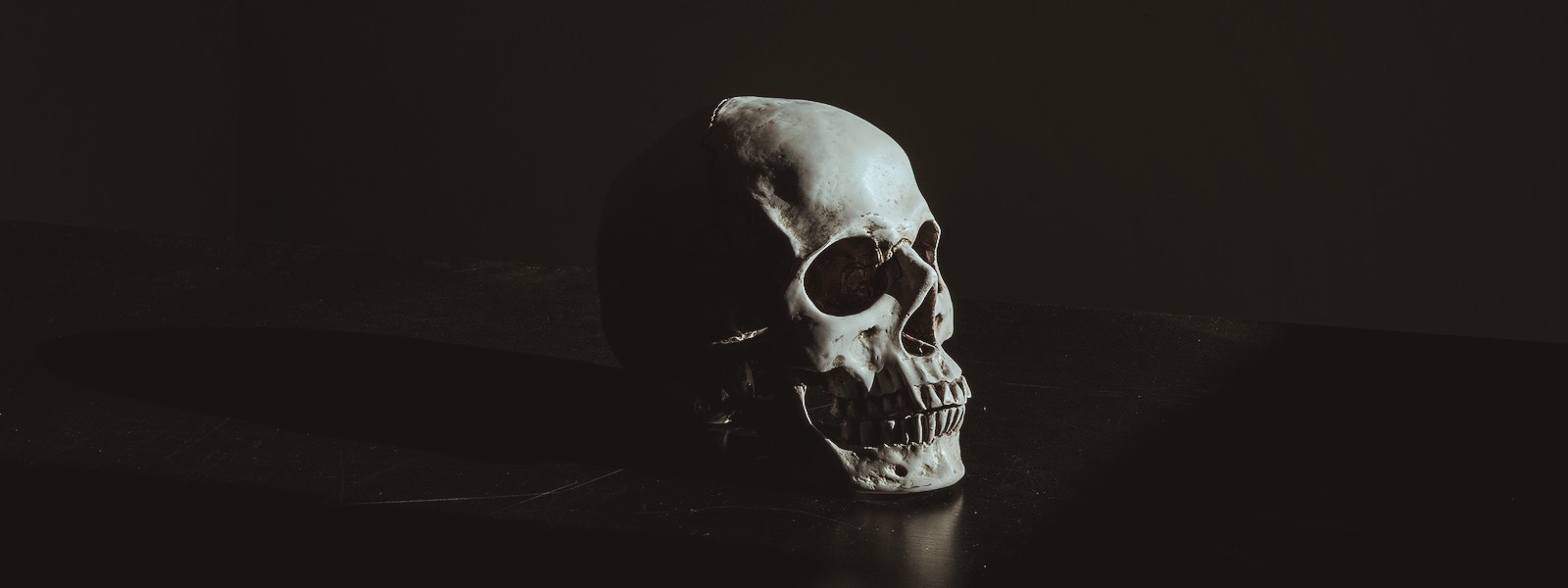Few things in life would provide more tangible benefits to our mental health and wellbeing than a regular meditation practice.
In fact, I suspect that many, if not most, of my psychotherapy clients would get more mental health benefits from meditating 25 minutes per day than they would coming into therapy with me once a week. Easily.
But like most things that are really good for us—exercise, eating well, self-reflection—they’re quite challenging to do. And meditation can be especially difficult because culturally we have so many strange associations and ideas about what it is, what it means, and what it will do for us.
All of which brings me to a wonderful little book called Sit Like a Buddha: A Pocket Guide to Meditation by Lodro Rinzler, which is the most easy-to-read, practical introduction to meditation that I’ve come across—and I’ve come across a lot of books about meditation. The book contains a wealth of insight and wisdom into the nature of meditation and what it really means. But it’s also full of extremely practical advice for getting started with your own meditation practice.
Whether your goal is to reduce your anxiety, increase your self-awareness, or introduce a little more peace and serenity into your life, this little book is worth its weight in gold.
What follows is a selection of my favorite passages from the book along with some brief thoughts and reflections of my own.
On Expectations
If someone is not clear about why they want to meditate, they will soon find out that meditation is not necessarily easy and end up discouraged early on.
What meditation is not like:
- Getting a massage
- Popping a pill
- Having a sudden insight or Eureka moment
What meditation is like:
- Learning to play a musical instrument
- Raising a child
- Exercise
Set your expectations accordingly.
On Intention
When you live your life in line with conscious intentions, as opposed to unconscious ones, you live a fuller, happier life overall.
As a psychologist, a primary benefit of meditation I see is that it helps us make decisions based on our deepest values rather than sudden whims and feelings.
On Mental Time Travel
Since we are not used to being in the present moment the mind habitually gravitates toward the past and the future.
If you find yourself worrying about the future and chronically anxious, or ruminating on the past and chronically depressed, consider mindfulness as a possible remedy for both.
On Clarity
Over time you will get to see yourself more clearly. You will become a connoisseur of your own thought process. That is what a meditator is; someone who appreciates the many flavors of their own mind and is able to be present with all of them.
Meditation teaches you how to appreciate yourself. And when you become expert at appreciating yourself, peace of mind tends to follow.
On Focus
Our mind is habituated to running amok, not staying focused on something as basic as the breath. This is why meditation practice is difficult. We have spent years habituating ourselves to do anything other than be present with what is going on in this very moment.
I see this constantly in my work as a psychologist and therapist: People are terrified of being alone with their thoughts.
But when we design our whole lives around staying distracted from our own minds, we train our mind to be afraid of itself. And that’s a recipe for chronic anxiety, unhappiness, and stress.
On Self-Friendship
Meditation is essentially the process of becoming friends with yourself.
If you struggle with low self-esteem, poor self-worth, a lack of confidence, or even self-hatred, there’s a good chance mediation will help.
You can’t hate yourself and be friends with yourself at the same time.
On Environment
If you want to establish a meditation practice at home, one of the most important things you can do is create a supportive environment for yourself.
The most commonly overlooked ingredient to successful habit formation is environmental awareness: How will my environment be supportive or conflicting with my intentions?
Establishing a meditation habit is no different.
On Judgmentalness
Don’t ever judge your meditation practice. Your mind is your mind. Sometimes it will be easy to stay with the breath and you’ll think you’re an inch from enlightenment. The next day someone at work pisses you off and that’s all you can think about when you sit down to meditate. We should never label our practice sessions as “good” or “bad.” Anytime you get to the meditation seat is a good meditation.
In my experience, this is the hardest part about beginning a meditation practice—inhibiting the impulse to judge.
Luckily, that’s the whole point of meditation—to just be without judging.
So the biggest obstacle to meditation also provides the most practice.
On Stuckness
The basic discipline that arises out of our meditation practice is to catch ourselves when we get stuck.
Mindfulness is flexibility. And meditation is the best way to cultivate it.
When you consider how many of our problems have stuckness at their core, the benefits of regular training for flexibility are obvious.
On Formidableness
Through becoming inquisitive with the emotional experience we are undercutting its power over us. We are practicing gom, becoming familiar without selves in a deep, formidable way.
I love this idea that becoming familiar with ourselves makes us formidable.
Many people hear the terms meditation and mindfulness and they associate them with fluffiness, silliness, even weakness. But nothing could be further from the truth.
Mediation is the road to inner-strength and self-mastery.
On Essential Goodness
Meditation is a very practical route to the conclusion that we don’t need to fix or improve anything. We are already good.
There’s so much power and freedom and peace in the ability to drop the shoulds from our lives and embrace what is.
On You
It’s not like you have magically transformed into a better being because you started meditating. You’re just more you. You’re a you that is aware of both the sanity and insanity that rages inside your mind and is able to accommodate both with equanimity.
A meditation practice gradually teaches us that it’s okay and safe to simply be who we are.
I know that sounds dumb or silly or a bit woo-woo. But you don’t have to work as a therapist for very long before you realize how many people are terrified of themselves, of their own minds and thoughts and feelings.
Meditation helps us build the confidence to be ourselves.
On Humor
Have a sense of humor about your crazy, hummingbird mind. If you can laugh at your mental display then you are experiencing relaxation at its finest.
It’s one of the biggest misconceptions about meditation—that it’s serious.
Sometimes, but definitely not always.
Because our minds are not always serious. And meditation is about simply being with whatever your mind is doing—sad, funny, serious, blissful, or batshit crazy.
On Meditation
My final thought I’d like to impart is that, fundamentally, there’s nothing mysterious or complicated about meditation.
It’s a simple, though not necessarily easy, practice that anyone can benefit from in small ways and large.
Give it a shot.
Meditation is just a tool to let you be you: to bring a sense that you are actually good enough, worthy enough, and kind, strong, and smart enough to handle whatever arises. That is your right. So embrace it. — Lodro Rinzler




